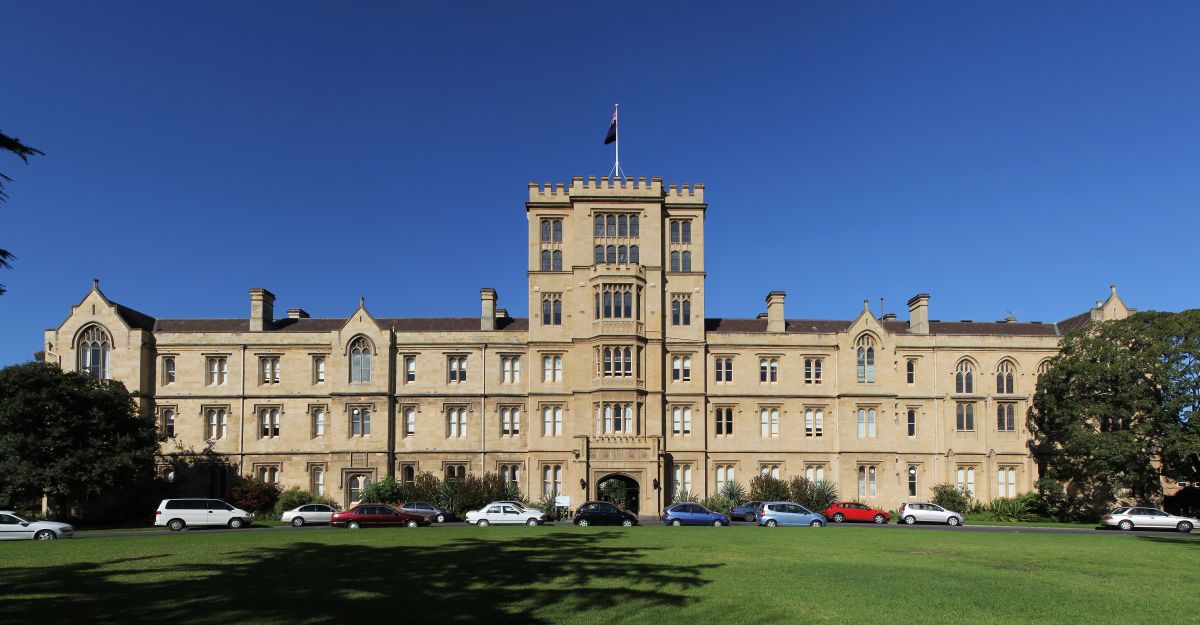my heart is a nude bulb. Or is it
my cock? Both muscles are small & hard.
Blink often, or at least wear protection, I repeated
but you refused. Said light made all days
a Pollock painting, spotted colours running
each other over. You cupped the fluttering red of it
made shadowed animals dance along my ribcage
with your hands. I was dizzy beneath
the beasts you made of me. Sometimes I let loose
language that shot across our skins, erecting
our hairs. Other times silence arrived
in the mail, it popped out of phones, leaked
from fanged sockets. I dribbled it
in my sleep. I tried turning everything off,
tried to find you in the dark & in the hush
see your small muscles burst electric.
Image: ‘City ribcage’ / Cydarianna
Read the rest of Overland 226
If you enjoyed this poem, buy the issue




